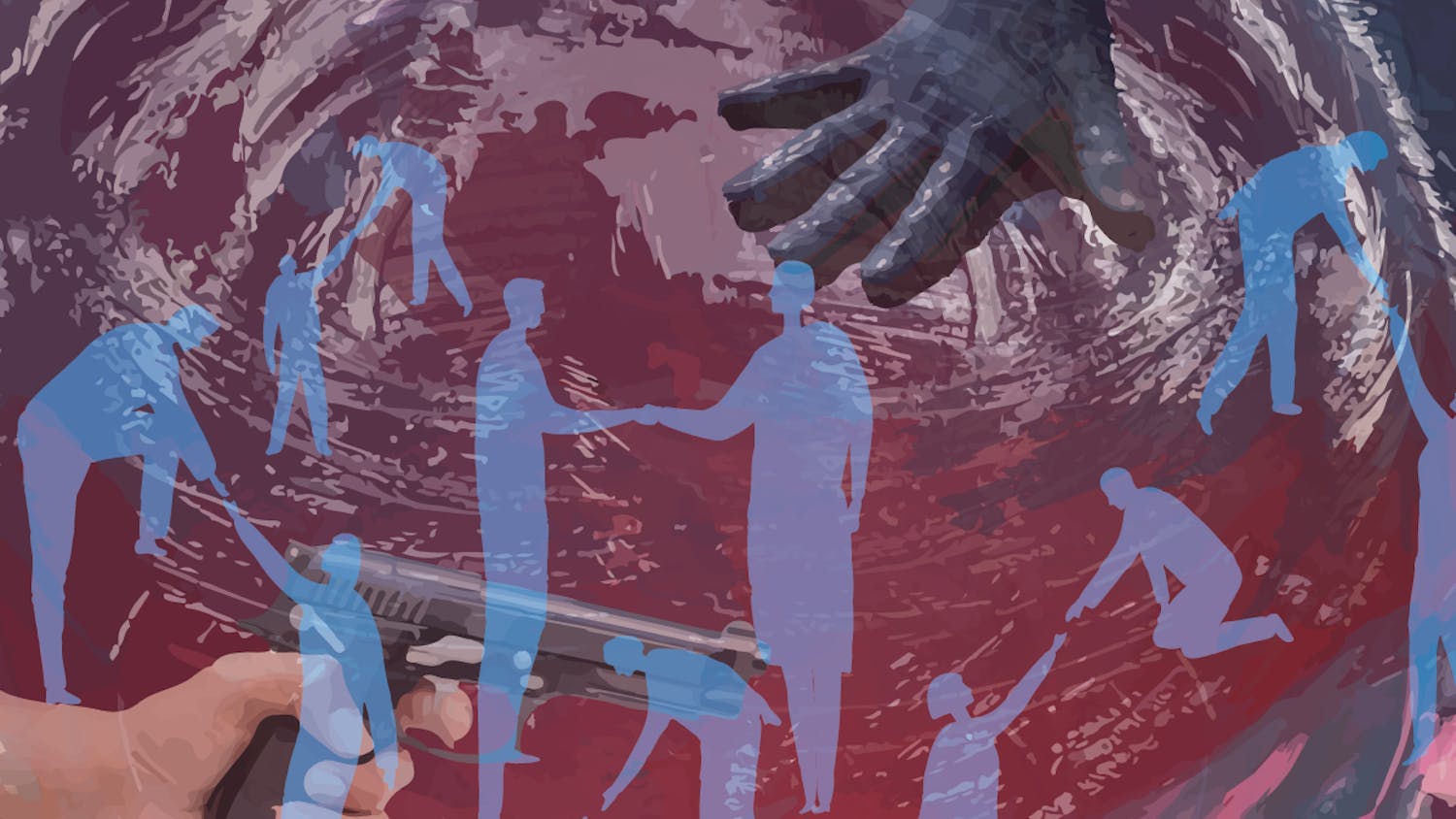Cody Wilson is not your typical second-amendment activist. The former University of Texas law student has gained international notoriety by being the first to manufacture a gun with a 3-D printer and to make public the information necessary to allow anyone with access to a 3-D printer to do the same — actions that earned him the No. 14 spot on Wired.com’s list of “The 15 Most Dangerous People in the World.”
But Wilson is not exceptionally “dangerous,” at least no more dangerous than anyone else with a 3-D printer.
There are two primary goals motivating Wilson and his company, Defense Distributed. For one, according to Wilson, providing people with the means of producing a gun is a literal attack on the government’s monopoly on violence. And two, it is a symbolic gesture indicating that the gun can never be eradicated from the earth. The general question underlying his project is simple: What is to be done when society’s laws and values cannot be reconciled with the norms of our behavior?
Wilson has specific cultural norms and values in mind. This month, while speaking at the Oxford Union, Wilson said, “The language of an open society was ripe for abuse ... It was ripe for a co-option.”
The progressive ideal can no longer be consistent when it comes to gun control. In simpler terms, the standard progressive agenda in the U.S. is ridden with contradictions. Do you value freedom of expression, freedom to create and use new technologies, freedom to communicate privately? If so, it will become increasingly hard, if it is not already impossible, to defend an anti-gun or pro-gun regulation stance. The standard abstract questions about guns and society are no longer relevant: Are guns good? Should they be regulated? Is gun ownership a right? A different kind of question must be asked: Namely, what role will guns play in our political future?
This is a question that must be asked by the nonviolent left, a group to which Wilson does not belong. His Nietzschean rhetoric reveals that violence and chaos are not necessarily undesirable, and although in one sense printing guns is a symbolic gesture, the guns are meant to be used. This is the point that must be contested.
Wilson fancies himself a philosopher — or, at least, a student of philosophy — and his proclivity for postmodern jargon can easily obfuscate the indisputable political force of his actions. His philosophizing (the supposedly dangerous part) is subpar to say the least and shouldn’t be taken too seriously. However, the act of printing a 3-D gun should be taken very seriously. It stands on its own as a concrete revolutionary act and demonstration of the inadequacies of the prevailing neoliberal ideology.
[Andrew Pentland is a UF history senior. A version of this column ran on page 7 on 4/18/2014 under the headline "Gun regulation is impotent"]





